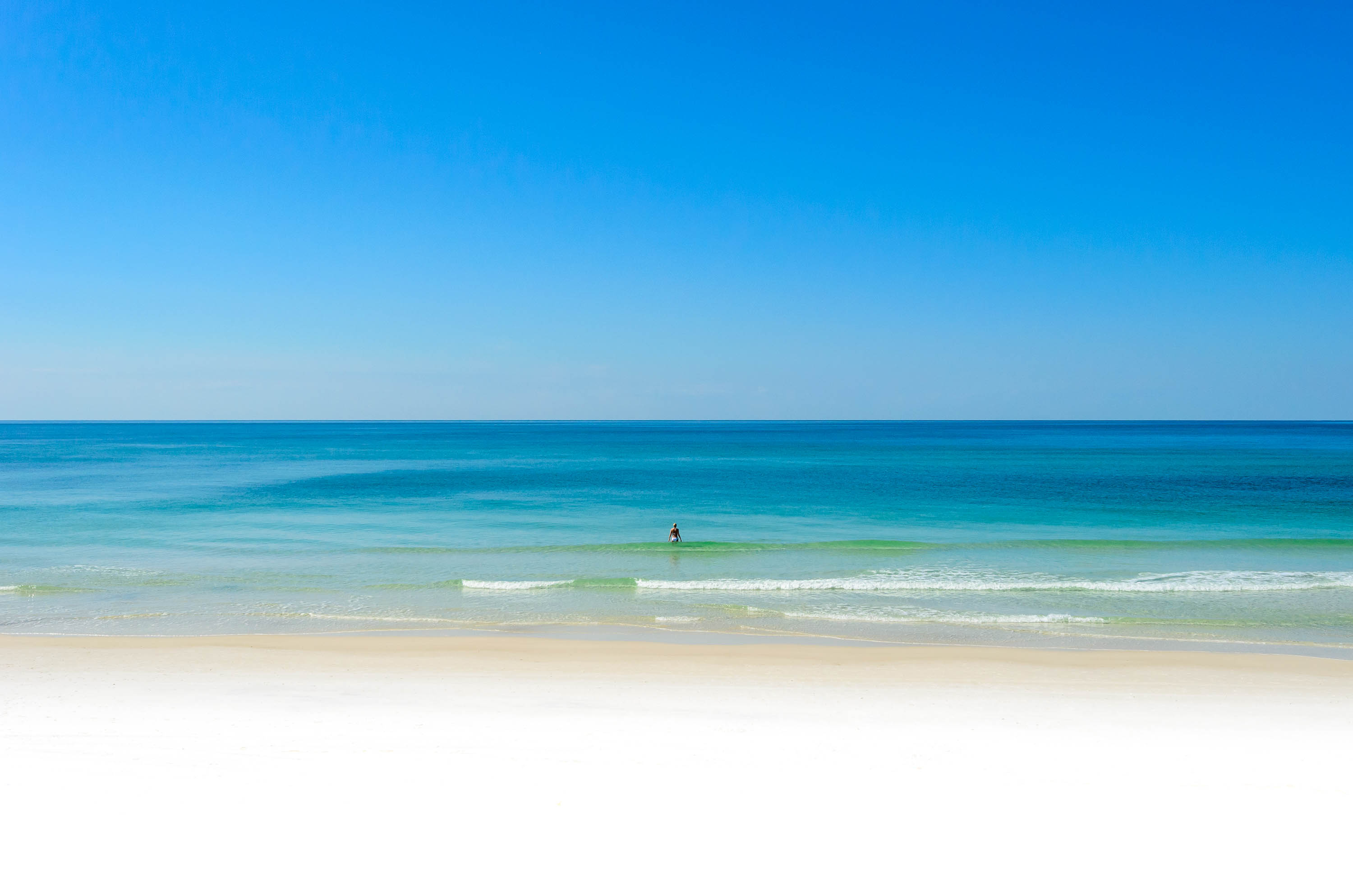MONEY (cost) is the predominate issue in the scenarios mentioned above--
1) Not getting value for the money paid (should a hurricane mess up the beaches)
2) Paying a chunk of money in advance (time value of money)
3) Being "required" to pay additional money in the form of travel insurance
4) The possibility of losing a sizable deposit in the event of a cancellation.
I know the rules are in place to protect the owners investment--that's understandable, but "cost" IS a MAJOR factor that explains the reason for the "slowdown" in rental reservations. Other reasons (aside from the hurricane thing) are the increase in competition due to the building boom (as pointed out in the article); the fact that many folks who used to rent have bought their own condo/house; and some SoWal old-timers may be turned off by the over development in the area. After all of that, then I'd maybe put the availability of bicycle rental as a factor.
1) Not getting value for the money paid (should a hurricane mess up the beaches)
2) Paying a chunk of money in advance (time value of money)
3) Being "required" to pay additional money in the form of travel insurance
4) The possibility of losing a sizable deposit in the event of a cancellation.
I know the rules are in place to protect the owners investment--that's understandable, but "cost" IS a MAJOR factor that explains the reason for the "slowdown" in rental reservations. Other reasons (aside from the hurricane thing) are the increase in competition due to the building boom (as pointed out in the article); the fact that many folks who used to rent have bought their own condo/house; and some SoWal old-timers may be turned off by the over development in the area. After all of that, then I'd maybe put the availability of bicycle rental as a factor.

 Can't decide if I like Charlie! or not. He kind of confounds me.
Can't decide if I like Charlie! or not. He kind of confounds me. 
 But not worth the hassle and the downside of flirting with the IRS, as it invites audits. Also, we like living in a blue state.
But not worth the hassle and the downside of flirting with the IRS, as it invites audits. Also, we like living in a blue state.